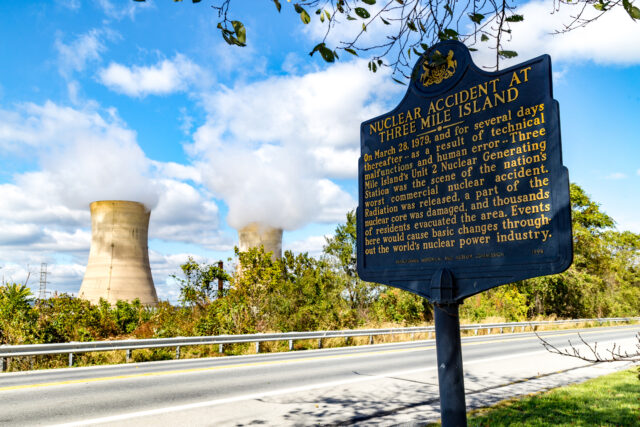
Constellation has entered into a bold 20-year power purchase agreement with Microsoft to relaunch the infamous Three Mile Island Unit 1 nuclear reactor under a new name — the Crane Clean Energy Center (CCEC). The announcement comes just five years after the plant was shut down, with concerns about the economic viability and safety of nuclear power hanging over the decision. Microsoft’s involvement, part of its effort to decarbonize the grid, raises questions about whether nuclear energy is truly the solution.
The decision to restart Unit 1 brings up long-standing fears about nuclear energy — especially given that the reactor is located next to the infamous Unit 2, the site of the 1979 partial meltdown. While Unit 1 was not directly affected by the disaster, many are likely to question whether restarting a decades-old nuclear reactor is the right move in an age of increasing renewable energy options.
Joe Dominguez, Constellation’s CEO, defended the move, stating, “Powering industries critical to our nation’s global economic and technological competitiveness…requires an abundance of energy that is carbon-free and reliable every hour of every day, and nuclear plants are the only energy sources that can consistently deliver on that promise.” But the lingering doubts about nuclear safety and the long-term environmental risks remain strong among skeptics.
Microsoft’s Bobby Hollis praised the agreement, calling it “a major milestone in Microsoft’s efforts to help decarbonize the grid.” However, with Microsoft’s vast resources, some argue that investing in solar or wind could have been a less controversial and potentially safer route. After all, even though nuclear power is carbon-free, the potential consequences of an accident — however unlikely — remain an ever-present fear in the minds of many.
Critics are likely to question whether this restart is more about economic gain than environmental necessity. A study commissioned by the Pennsylvania Building & Construction Trades Council, which found that the plant will create 3,400 jobs and inject $16 billion into the state’s GDP, suggests that financial incentives are at play.
Despite public support for nuclear power, this decision is certain to reignite debates about the necessity and safety of nuclear energy in a world where renewable alternatives are rapidly advancing. Governor Josh Shapiro praised the project, but is the promise of jobs and energy worth the potential risks?
Image Credit: Georgesheldon / Dreamstime.com


